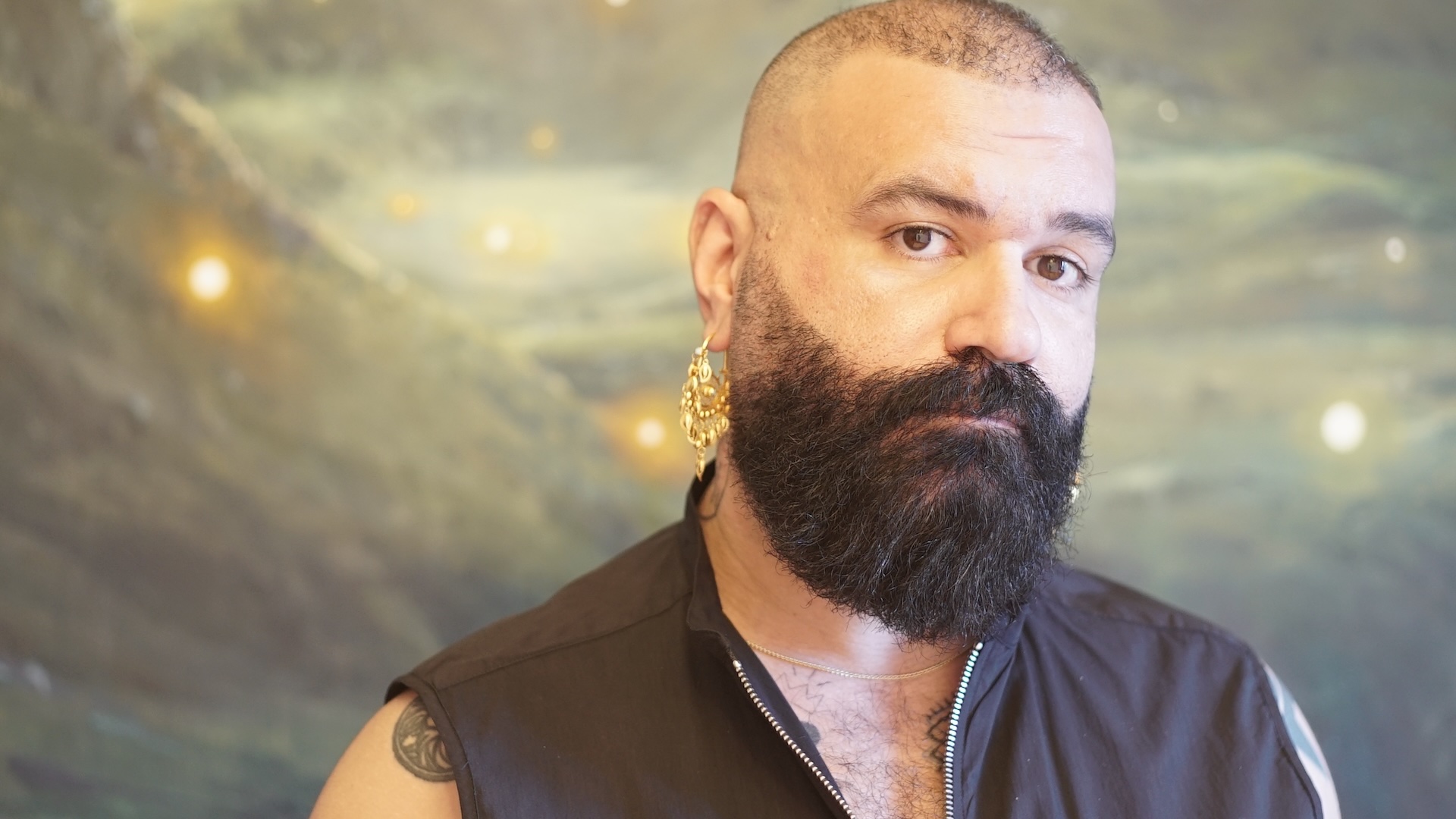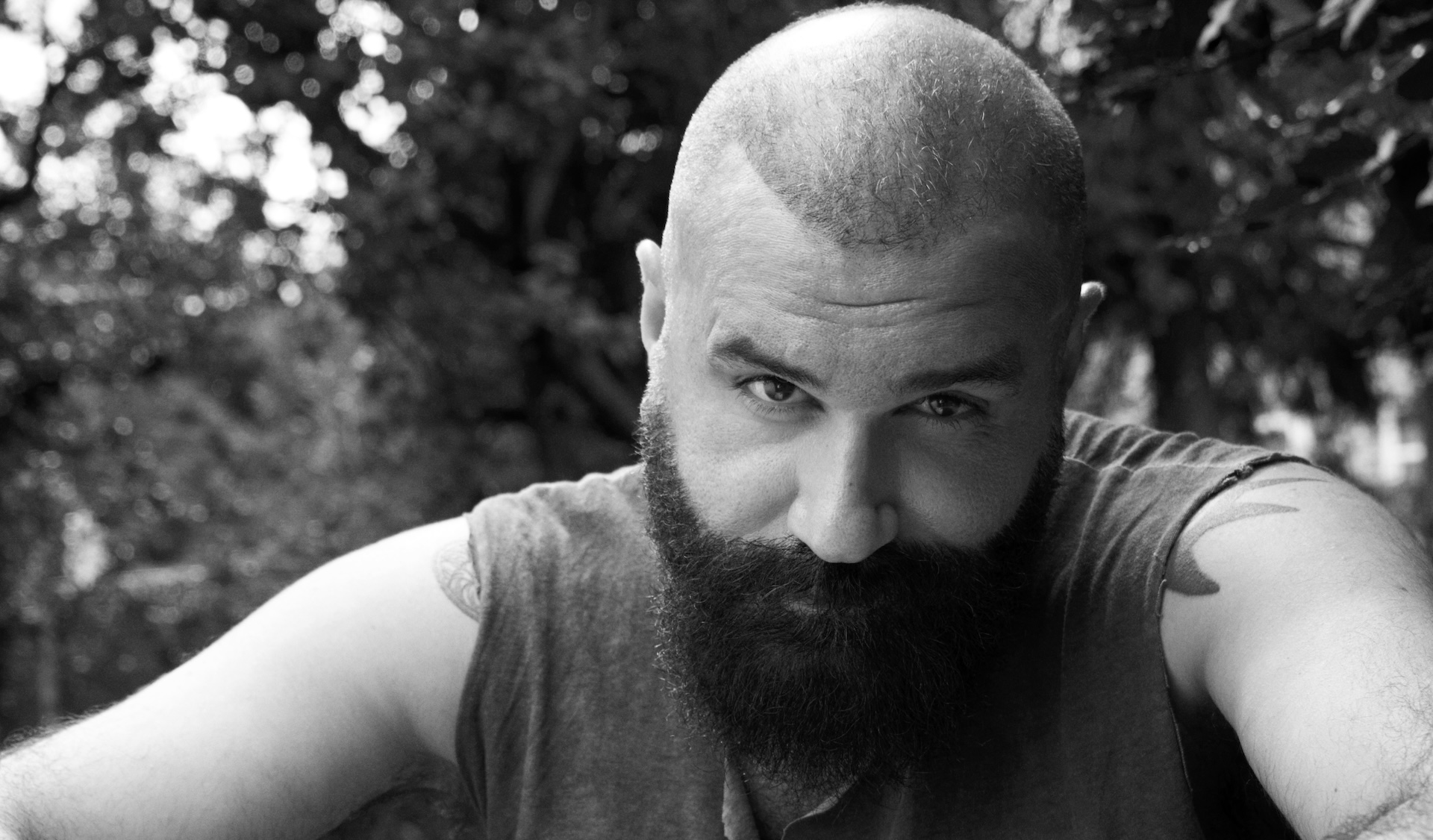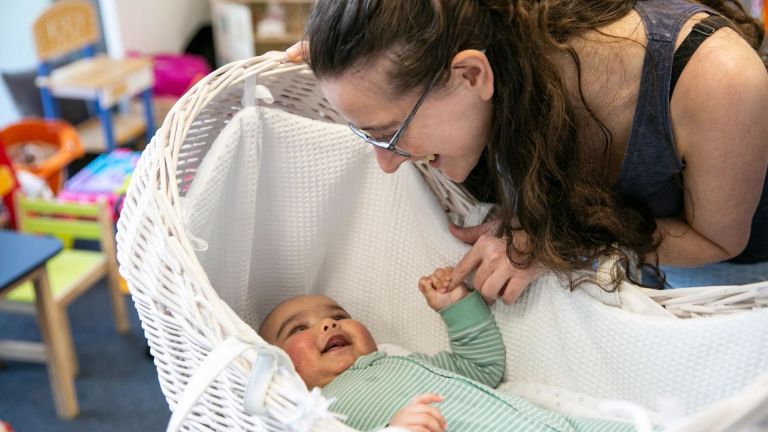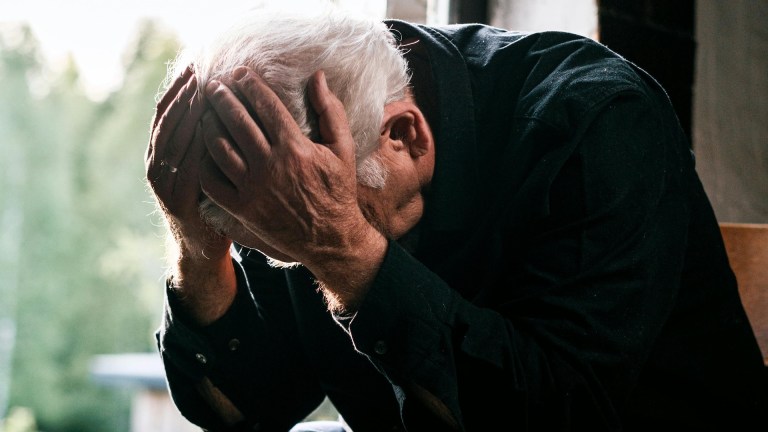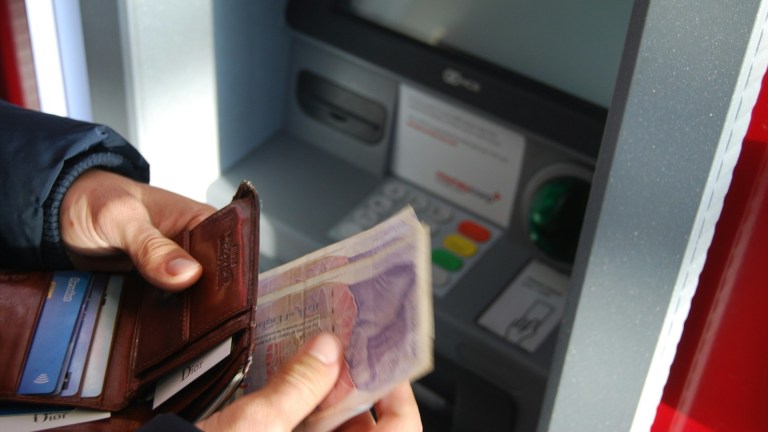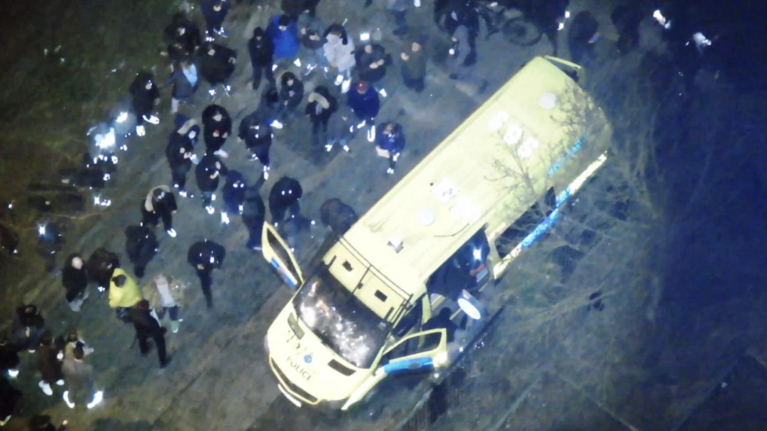As a queer Syrian man, Khaled Alesmael remains “cautious” about the rebel leadership who have taken over his home country. Having watched LGBTQ+ people jailed for their sexuality throughout his lifetime, and forced to flee to Europe himself, he believes there is a long way to go before Syria accepts his community.
“I lost trust in people who are in power in the past 12 years,” Alesmael says. “The revolution started in 2011 peacefully. People were on the streets with flowers, demanding freedom. It was a civil movement and uprising against a dictator. We believed all the promises from international communities and the media, and trusted that Syrians who are vulnerable would be helped.
“But as we saw, Syrians are vulnerable and under threat of expressing their opinions. We trusted Arab leaders as part of the Arab Spring [a series of uprisings and anti-government protests across the Arab world in the early 2010s] that they would make some change, but our trust in people in power is broken. It will take time.”
- Calls to give Syrian asylum seekers right to work while UK suspends refugee applications
- Lebanon’s crisis isn’t just statistics. It’s people’s lives – and their stories matter
Syrians celebrated the fall of Bashar al-Assad’s brutal regime this month. He had ruled for 24 years and succeeded his father Hafaz, who ascended to power in 1970 and turned Syria into a police state. The Syrian civil war broke out with large-scale protests against Assad’s dictatorship in 2011, which was counteracted by the government, amounting to a full-blown civil war.
After rebels took over in early December this year, Assad fled to Moscow and thousands of political prisoners were freed. But for Syrians like 44-year-old Alesmael, who have faced oppression their whole lives, the future of their country remains uncertain.
“I hope we don’t Syrians don’t jump from a bad guy towards a worse situation,” Alesmael says. “Now is the time for the international community to show their intention towards this country. Syrians, after living under a dictatorship and 13 years of a war, are exhausted. They are tired. They need support.”
